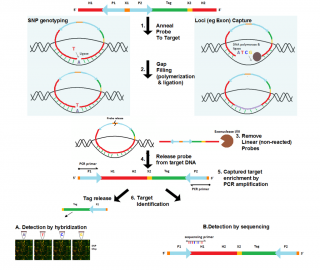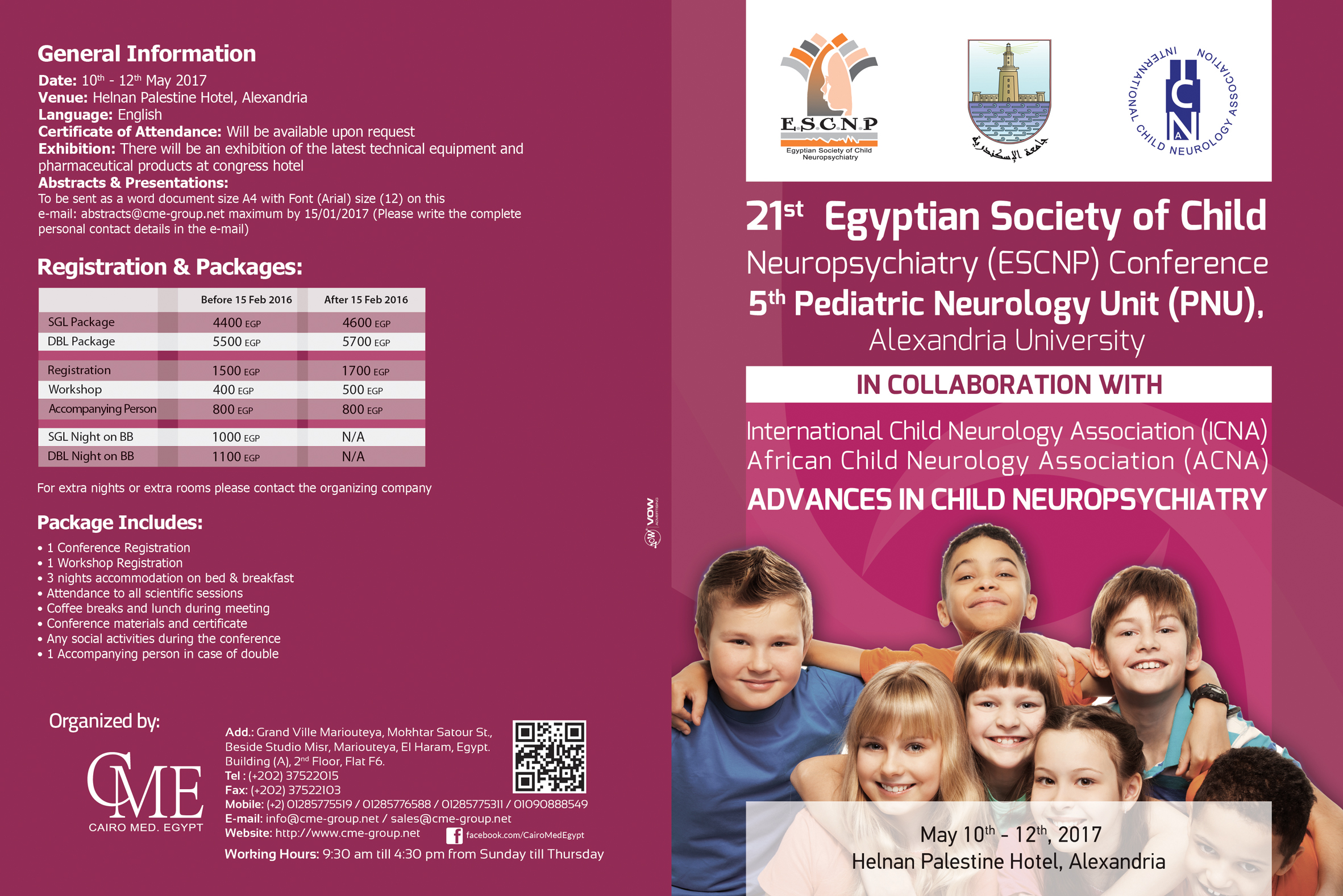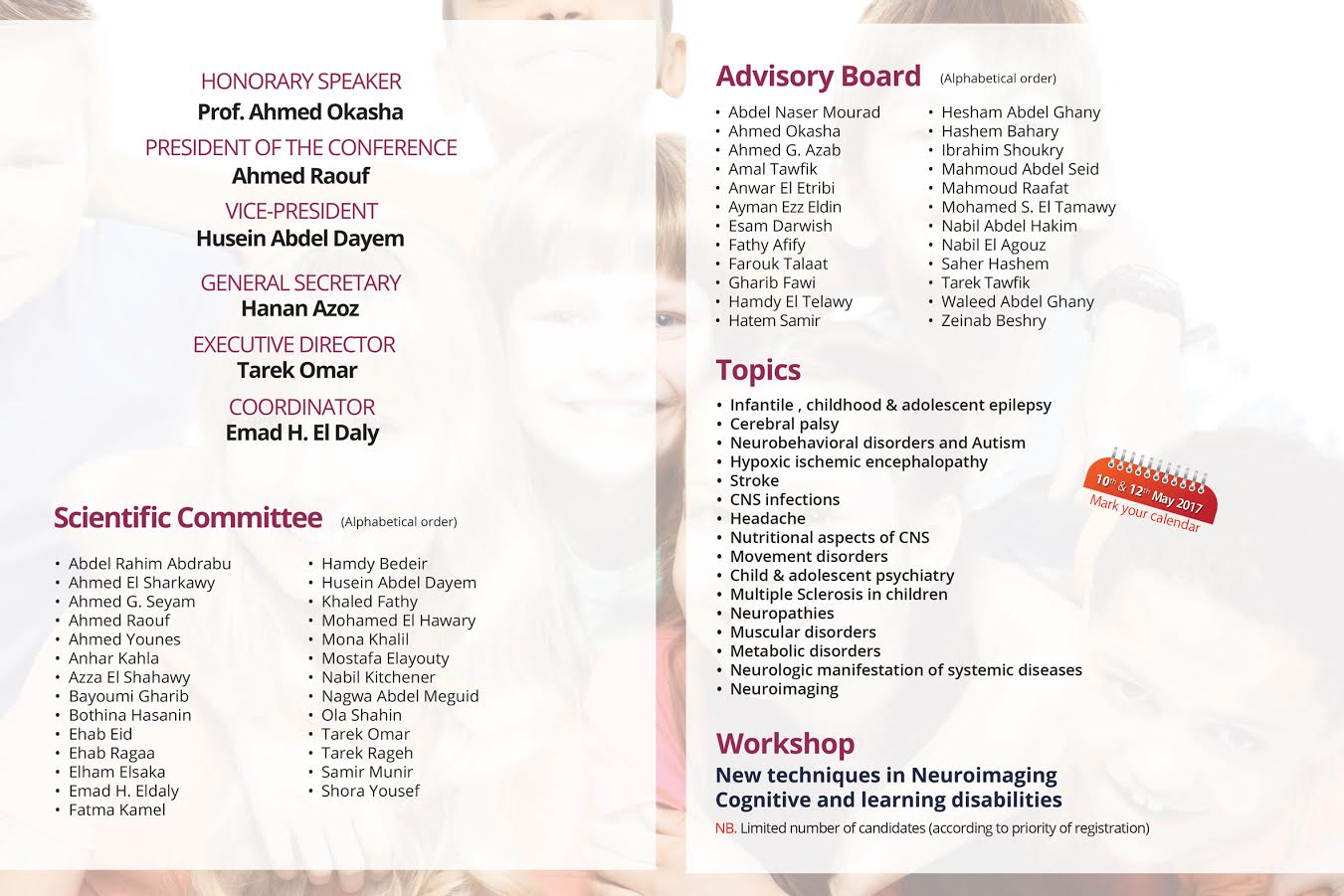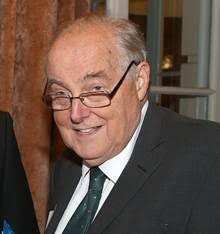
- Details
- Helen Cross
- News
- Hits: 792
It is with great sadness that we report the passing of Brian Neville, formerly Professor of Paediatric Neurology at UCL Institute of Child Health, London 1989-2004, and The Prince of Wales’s Chair of Childhood Epilepsy 2004-2007, in the early hours of 14th December 2016. He had battled ill health over a long period of time.
As the first Chair of Paediatric Neurology in the UK, he set up the first academic department of Paediatric Neurology and Neurodisability at Great Ormond Street Hospital and the Institute of Child Health (later UCL-ICH). He wrote the training programmes for Paediatric Neurology for Europe and the UK with the integration of neurodisability and child psychiatry and also worked on the latter training programmes for neurodisability. He founded European Academy of Childhood Disability and was chairman for 12 years, and founded the European Society for movement analysis in children, chairman for 10 years. He was instrumental in establishing the British Paediatric Neurology Association, of which he over the years was a committee member, secretary and president. Above all, however, he was an extremely caring man, who always thought of the children and their families first and foremost. He will be sadly missed.
Professor J Helen Cross OBE
The Prince of Wales's Chair of Childhood Epilepsy
Deputy Head of Developmental Neurosciences Programme
UCL-Institute of Child Health
30 Guilford Street
London
WC1N 1EH
Read More
- Details
- ICNA
- News
- Hits: 815
Parents of children with epileptic encephalopathies are far more likely to carry a mosaic mutation than previously thought, according to an international study that was presented at 2016 annual meeting of the American Epilepsy Society in Houston. According to the abstract presented at the meeting 10 of 109 families were found to have the mosaic de novo mutation causing epileptic encephalopathies in one of the parents. This meant that additional offspring were also at increased risk of being born with the condition. Three of those 10 families already had a second child with epileptic encephalopathy.
De novo mutations are considered to be either sporadic events that happen in the germ cells of a parent and hence a low risk of recurrence, or they occur post-zygotically in the developing fetus. But these new findings suggest that those 10 percent of parents they have a much higher risk of recurrence. The findings of this study have major implications in the way families who have a child with an epileptic encephalopathy undergo reproductive counselling.
A new, highly sensitive technology called single molecule molecular inversion probes was used to quantify the percent of cells from parents' blood or saliva carrying a mutation in one of 31 established epilepsy genes and previously reported as de novo by either clinical or research analysis of parental DNA. Traditional Sanger sequencing methods would not have identified the mosaicism found in six of the fathers and four of the mothers since the fraction of mutant alleles identified ranged only from 3 to 25 percent. The greater the number of mutant alleles, the higher the likelihood of having another child with the abnormality, although the probability is still small with 3 to 20 percent of mosaics.
Read more:
AES Abstract 1.335: Myers C, Thuesmunn Z, Muir A, et al. Frequency of mosaicism in parents of children with epileptic encephalopathies.
Read More
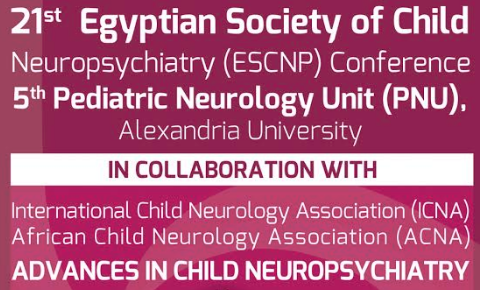
- Details
- ICNA
- News
- Hits: 742
I am happy to announce that the joint meeting of the 21th Egyptian Society of Child Neuropsychiatry Conference (ESCNP), 5th Alexandria University Conference (PNU) and 1st African Child Neurology Conference (ACNA) will be hosted at Helnan Palestine Hotel, Alexandria, Egypt on May 10-11, 2017.
The conference is usually attended by a good number of high calibre Pediatric Neurologists, Neurologists, Psychiatrists, Pediatricians from Egypt, Arab & African Countries.
2 Workshops will also be arranged pre and post conference to provide hands on training on Paediatric EMG & EEG. Please send us your abstracts ASAP.
Looking forward to welcoming you all.
Ahmed Raouf, MD.
Prof. of Pediatrics & Pediatric Neurology
President of the Conference & Association
President of Egyptian Society of Child Neuropsychiatry ( ESCNP )
President Elect of African Child Neurology Association ( ACNA )
President of Pan Arab Child Neurology association ( PACNA )
EB Member of International Child Neurology Association ( ICNA )
+2 0100 142 6669
Read More
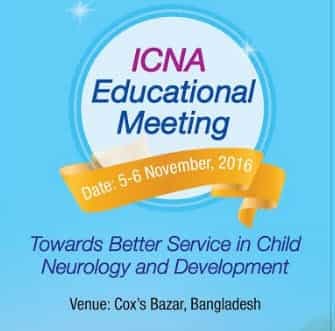
- Details
- Dr. Jannatara Shefa
- News
- Hits: 721
The Institute of Paediatric Neurodisorder and Autism (IPNA) in Bangabandhu Sheikh Mujib Medical University (BSMMU) and International Child Neurology Association (ICNA) are proud to announce the ICNA Educational Meeting to be held in Cox’s Bazar, Bangladesh from 5-6 November 2016. The title of the meeting is “ICNA Educational Meeting: Towards Better Service in Child Neurology and Development”.
This jointly organized event is being held in Bangladesh for the first time, with the support of the Ministry of Health and Family Welfare, Bangladesh, Bangladesh Paediatric Association (BPA) and Bangladesh Society for Child Neurology, Development and Disability (BSCNDD)
The event will host internationally reputed scholars and will focus on exchange of knowledge, updated scientific presentations and discussions on best practice in child neurology and neurodevelopment. Moreover, we also hope to show you the natural beauty of Cox’s Bazar, which boasts the longest natural sea beach in the world.
Read More

- Details
- ICNA
- News
- Hits: 988
We are pleased to announce that the 59th Annual Meeting of the Japanese Society of Child Neurology will be held from June 15(Thu.) – 17(Sat.), 2017 at the Osaka International Convention Center (Grand Cube Osaka). I am greatly honored to be appointed President of this distinguished Meeting, and preparations are underway to ensure the fruitful Meeting will contribute to further advances in child neurology. The major programs of the plenary sessions will be “Talk on Down Syndrome -Support over a Life Time-” and “Current Status in Japanese Children with Learning Disorder”.
In the above plenary, “Talk on Down Syndrome –Support over a Life Time-“, there will be the following symposia: “Effort in Rehabilitation and Educational Fields for the Patients with Down Syndrome”, “Definitions and Clinical Feature of Acute Regression”, and “Treatment Strategies for Aging with Down Syndrome”. We welcome papers related to the above topics for either oral or poster presentations. Abstract Submission to the 59th Meeting will be available in this website from October 20, 2016 to December 6, 2016.
The Congress is calling for abstract submissions from foreign delegates (including foreign delegates currently in Japan) for the English session (oral/poster presentation). The registration fee for the first author will be waived on this occasion. Please read ‘call for abstract’ on our the 59 the Meeting homepage (http://www2.convention.co.jp/59jscn/english/callforabstract.html) carefully and submit your abstract at your soonest. As is widely known, Osaka boasts many places of interest and delicious food.
We hope you will enjoy the city during your visit. I and all of the members of the Meeting Steering Committee look forward to hosting you in Osaka on June 15(Thu.) to 17(Sat.), 2017.
Hiroshi Tamai, M.D., PhD
President
The 59th Annual Meeting of the Japanese Society of Child Neurology
Professor, Department of Pediatrics
Osaka Medical College 569-8686
2-7 Daigaku-machi Takatsuki
Osaka Japan
TEL 81-726-83-1221
FAX 81-726-84-5798
Read More
